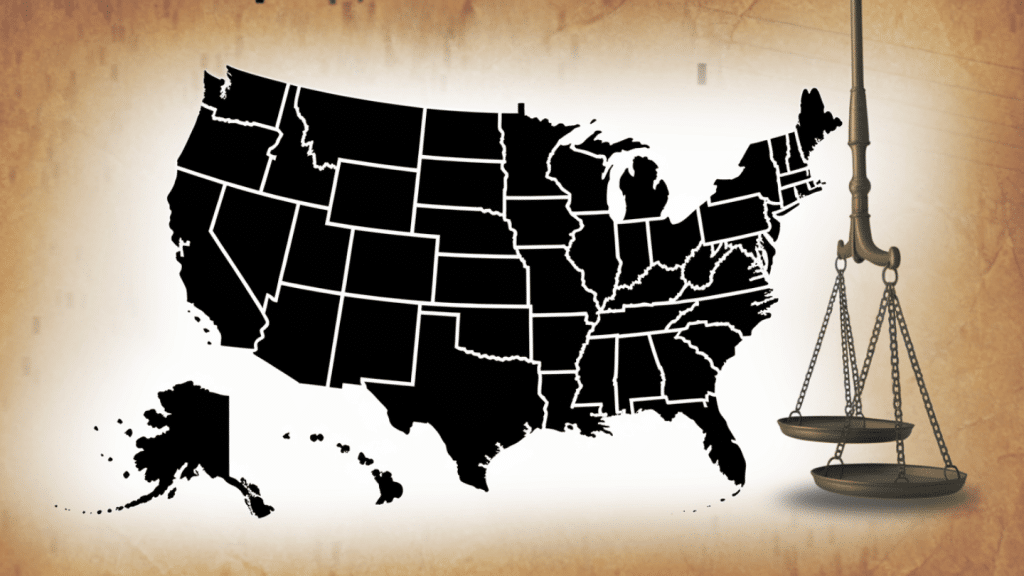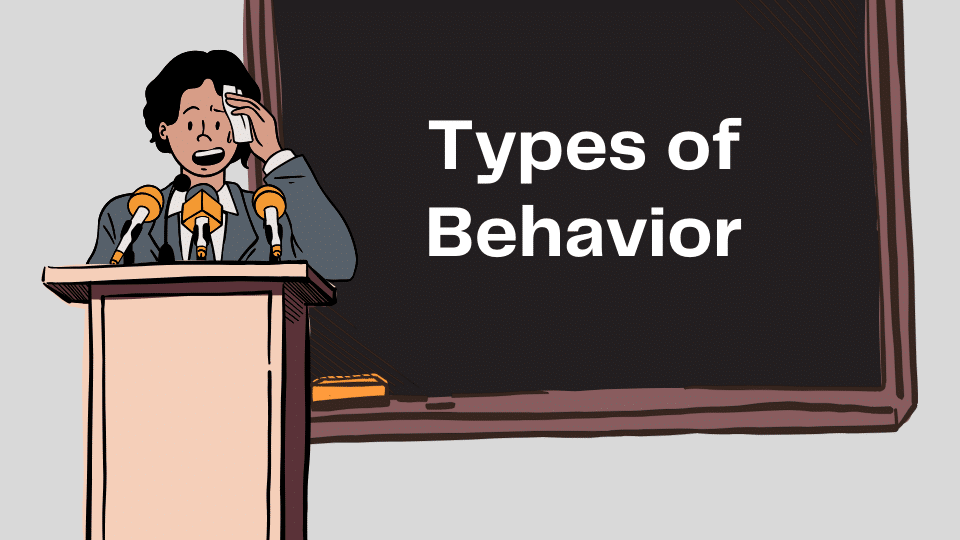Every year, a lot of college students and recent graduates apply for internships to gain work experience.
Many of these positions offer no pay at all.
This raises an important question that affects both students and employers: are unpaid internships legal?
The answer to the legality of unpaid internships is yes, but only under specific conditions.
They are legal only if federal and state requirements are met.
Otherwise, companies risk legal penalties and back wages to their interns.
Are Unpaid Internships Legal?
Unpaid internships are only legal when they’re mainly about helping the intern learn.
If the company is getting most of the benefit, it’s not allowed.
Interns shouldn’t be doing regular employee work.
If the rules aren’t followed, the company could get into trouble for not paying fair wages.
What Do State Laws Say About Unpaid Internships?

While federal law sets the baseline, individual states can impose stricter requirements for unpaid internships.
The rule is simple: whichever law offers the most protection to interns takes priority.
Several states have added their own requirements that go beyond federal standards.
As per the guidelines released by the Department of Labor, the 7 key factors are:
1. No Pay Expectation: Both parties must understand from the start that the position is unpaid.
2. Educational Training Benefit: The internship must provide training similar to an educational environment.
3. Academic Integration: The internship should connect to the intern’s formal education, often through credit or supervision.
4. Academic Schedule Alignment: The internship should align with the academic calendar.
5. No Displacement of Regular Employees: Interns cannot replace paid workers or perform the same duties as existing employees.
6. Mutual Understanding of Benefits: Both the intern and employer must understand that the intern is not entitled to a paid job at the program’s end.
7. Complementary Training: The work should complement education rather than focus solely on company operations.
Federal Law: The FLSA & Primary Beneficiary Test
The Fair Labor Standards Act (FLSA) is the main federal law that governs unpaid internships in the United States.
This law requires most workers to receive a minimum wage for their work.
However, it makes an exception for internships that truly benefit the intern more than the employer.
To determine if an unpaid internship is legal, courts use the Primary Beneficiary Test.
This test examines who gains more from the arrangement, the intern or the company.
What Happens When the Test Fails?
If an internship fails the Primary Beneficiary Test, the law treats the intern like a regular employee.
This means the company must pay minimum wage for every hour worked, plus overtime pay for any time over 40 hours per week.
The intern can demand back wages from when they started working.
Companies also face legal penalties and possible lawsuits from angry former interns.
The Department of Labor investigates these violations and forces companies to pay large amounts in back wages, sometimes thousands of dollars per intern.
California’s Stricter Standards for Unpaid Internships

California has some of the toughest unpaid internship laws in the country.
The state requires training similar to vocational school with a primary focus on intern education, not company productivity.
Interns cannot perform routine company operations and need close supervision throughout.
California courts frequently rule against employers, even when programs might pass federal tests.
The state strongly favors paying interns for their work, making unpaid positions extremely difficult to justify legally.
New York’s Unpaid Internship Rules

New York also imposes stricter rules than federal law, with detailed guidelines that include clear educational objectives and written agreements
The state requires clear educational objectives, written agreements outlining learning goals, and prohibits using interns to replace regular workers.
Academic credit is often mandatory for unpaid positions.
These additional requirements make it harder for companies to legally offer unpaid internships compared to federal standards alone.
Unpaid Internship Guidelines in Other States
Some states have stricter rules for unpaid internships to protect interns and ensure meaningful learning.
These laws focus on educational value, supervision, and preventing unpaid labor from replacing paid employees.
Employers must understand state-specific requirements to design programs that are both legally compliant and beneficial for interns.
Connecticut
Connecticut has clear rules for private companies offering unpaid internships.
Interns must receive training that teaches skills they can use in future jobs.
Unpaid positions cannot replace regular employees and must primarily benefit the intern.
Failing to follow these rules could create legal issues, so employers should stay informed.
Delaware
Delaware has one of the highest percentages of unpaid interns, with many positions offering no minimum wage.
Employers can provide unpaid internships only if the program passes the “primary beneficiary test,”
Meaning the intern gains more educational benefit than the company. Compliance is essential to avoid legal problems.
Washington
Washington state requires unpaid internships to focus on learning and skill development similar to a classroom or educational setting.
Interns must work under close supervision and cannot replace regular employees.
The internship must primarily benefit the intern rather than the company.
Nevada
Nevada law states that unpaid internships should provide training comparable to an educational program.
Interns must not perform tasks that replace paid employees and should be supervised closely.
The experience must be designed to benefit the intern above the company’s operations.
Colorado
In Colorado, unpaid internships must offer learning experiences similar to formal training. Interns cannot replace existing staff.
The program must focus on teaching the intern valuable skills rather than providing free labor to the company.
Minnesota
Minnesota law requires unpaid internships to provide practical training similar to what an educational program would offer.
Interns should not take over the duties of regular employees and must work under supervision.
The internship must be structured to benefit the intern more than the employer.
Rights of Interns Before Starting An Internship

Knowing your rights as an intern and your duties as an employer ensures that unpaid internship programs remain compliant with the law.
1. Right to Ask About Compensation
Confirm that the position is truly unpaid, with no hidden payments, stipends, or promises of future employment. Get this in writing to avoid any misunderstandings.
2. Right to Ask About Academic Credit
Verify that your school approves the internship for credit. Understand the academic requirements you must complete and who will evaluate your progress.
3. Right to Ask About Learning Objectives
Ask about the specific skills you’ll gain and how the daily tasks connect to your field of study. Legitimate programs have clear educational goals.
4. Right to Ask About Work Responsibilities
Ensure that you won’t be replacing paid employees or performing routine company operations. Your work should supplement existing staff, not substitute for them.
Employer Obligations for Legal Programs
Companies offering unpaid internships must structure their programs carefully to comply with federal and state laws.
1. Educational Focus Requirements: Provide regular educational feedback and offer training sessions beyond routine tasks.
2. Proper Documentation: Maintain signed agreements outlining program expectations.
3. Staffing Guidelines: Never use interns to replace regular employees.
4. Program Structure: Align internship duration with academic schedules. Provide certificates or recommendation letters upon completion.
5. Key Principle: Every aspect of your program must prioritize intern education over company benefits.
6. Legal Protection: Proper structure and documentation protect your company from wage violation claims and potential lawsuits.
Know The “Stricter Law Applies” Rule
When federal and state laws differ, the law that provides greater protection to workers always wins, creating a simple hierarchy.
What does this rule mean?
Federal law sets the minimum baseline standards that apply nationwide.
States can then add stronger protections, but cannot weaken federal rules.
If your state bans something that federal law permits, you must follow the stricter state rule. Companies cannot pick and choose the easier option.
How Does This Affect Employers and Interns in Practice?
Employers must follow both federal and state rules.
They can’t just follow federal law if state law is stricter, or vice versa. They need to meet the highest standard of both.
Interns are protected by whichever law is stricter.
For example, if federal law requires 5 conditions but state law requires 7, the intern gets the protection of the 7 conditions.
This ensures that workers always have their rights, even if laws conflict.
Multi-State Challenges for Unpaid Internships
Companies operating across state lines face extra complexity.
An unpaid internship that’s perfectly legal in Florida may require major changes to comply with New York’s stricter standards.
Each state location creates separate legal exposure.
A company with offices in 10 states must comply with 10 different sets of state requirements plus federal law.
This creates administrative burdens and increased legal costs.
So, the companies must be cautious when operating across state lines, as an unpaid internship legal in one state might violate laws in another.
Are Unpaid Internships Worth It?
Unpaid internships can be worth it if structured correctly.
When an unpaid internship follows the law and centers on learning, skill development, and mentorship,
it can offer real value for future career growth.
However, if the role involves doing regular work without clear educational benefits
It may not only fall short of expectations, but it could also violate labor laws.
The true worth lies in how well the experience supports the intern’s goals, not the company’s needs.
Common Compliance Mistakes to Avoid
Even well-structured internship programs can fall into compliance traps. Here are key mistakes employers must avoid:
- Don’t use Interns for regular business tasks
- Don’t fail to provide meaningful learning
- Don’t neglect proper documentation
- Don’t promise Jobs for unpaid work
- Don’t ignore state-specific requirements
- Don’t treat interns like regular employees
Conclusion
Now that you know unpaid internships can be legal when specific federal and state requirements are met, it’s important to understand the key conditions.
Internships must prioritize the intern’s education, with clear documentation, learning objectives, and proper supervision.
Interns should clarify compensation, the skills they’ll gain, and the support they’ll receive before committing.
Employers need to design programs focused on education, following all legal guidelines to ensure compliance and avoid issues.
Remember, legal unpaid internships must benefit the intern more than the employer.
Have questions or experiences about unpaid internships? Share your thoughts in the comments below!
Frequently Asked Questions
Are Unpaid Internships Legal in For-Profit Companies?
Yes, for-profit companies can offer unpaid internships if they pass the primary beneficiary test, ensuring the intern benefits more than the company educationally.
Does School Credit Make an Unpaid Internship Legal?
School credit helps but doesn’t guarantee legality. The internship must still pass the primary beneficiary test and meet all federal and state requirements.
How Long Can an Unpaid Internship Last?
Legal unpaid internships typically align with academic schedules, lasting one semester or summer session. duration should support educational objectives, not extended labor.
What if My Unpaid Internship Was Illegal?
You may be entitled to minimum wage, overtime pay, and back wages. Contact the Department of Labor or an employment attorney immediately.










